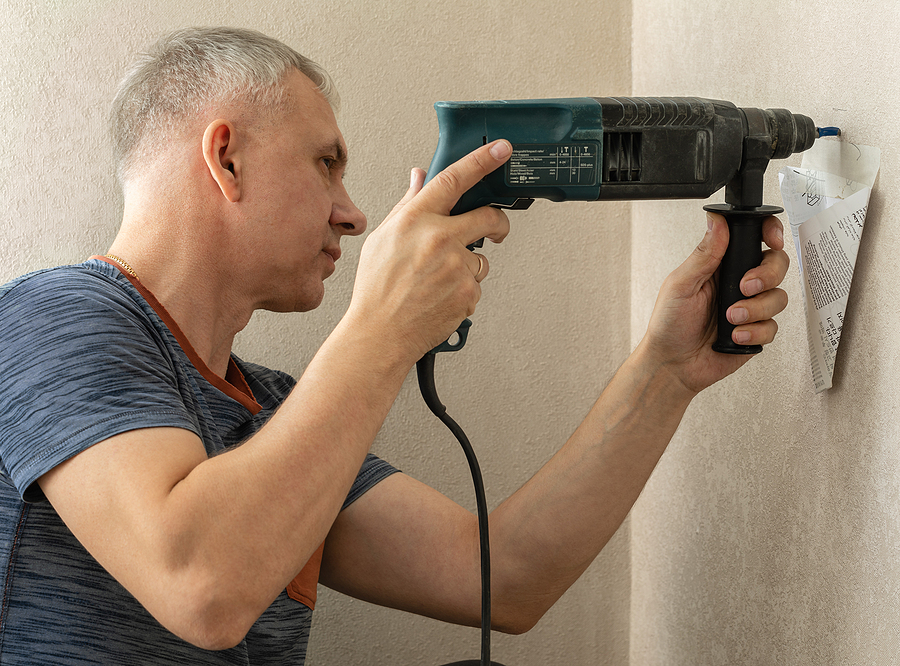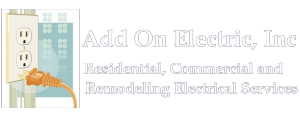DIY Home Electrical Jobs Are Super Dangerous Spelled Out

IY electrical work can be a tempting challenge for the seasoned self-repair enthusiast. “Why pay for a professional electrician for a minor circuit upgrade or a simple socket repair?” they might ask. Yet, this can be a perilous game to play, given the hazardous nature of electrical tasks.
You might think you’re saving money. But not hiring an expert could cost you dearly.
For one, there’s the risk of electrocution. Additionally, you may invalidate your home insurance or void warranties on your gadgets. But even these drawbacks pale in comparison to the graver repercussions of DIY electrical ventures.
You Could Set Your House on Fire – Electrical Projects Are Dangerous
Picture this – your house up in flames. A terrifying thought, isn’t it? Yet, this is the very real risk you face when you dabble in DIY electrical work. A miscalculated connection or the wrong wire gauge could lead to overloaded circuits. This, in turn, could result in sparks and eventually an uncontrolled blaze.
Often, the DIY path doesn’t take into account the original circuit’s capabilities. The homeowner will typically dive in and attach whatever components they feel are necessary. Yes, your new additions may work for a while. But, you’re also heaping extra burden onto your electrical system. This extra stress will make its presence known eventually. Maybe when you decide to further tweak your system or over time as the system begins to falter.
Code Violations that Make Your Home Hard to Resell
Navigating the maze of local building codes isn’t typically a priority for those dabbling in DIY electrical work. Oftentimes, individuals will intentionally sidestep these crucial guidelines to save a few dollars.
And who’s to notice? There isn’t a team of inspectors knocking on doors to review each home project, right? You might even happily live in your modified home, praying nothing catches fire.
The issue becomes significantly apparent, though, if you ever decide to put a “For Sale” sign on your lawn. Enter the realtors and their meticulous home inspectors, armed with a keen eye for spotting dodgy wiring upgrades. If your home smells of unapproved and code-violating updates, potential buyers could very well turn tail. After all, who wants to pay for a house with unauthorized alterations, potentially riddled with faults?
So, while DIY electrical work might initially seem appealing, the downstream effects can be a real headache. If selling your home is in your future plans, it’s important to consider these potential complications. It’s not just about your safety today, but also about the value and desirability of your home tomorrow. The cost of cutting corners today could be a significant dent in your home’s market price in the future.
Future Projects Might Be Harder to Handle
Professional electricians follow a rigorous code of standards. Why? They are paving the way for others who might work on your system in the future. Imagine the next technician needing to tap into your cooker circuit to install an electric oven. With the right gauge wire used, they can confidently proceed, knowing the wiring is up to standard.
Now, picture a different scenario. In a bid to save money, a DIY enthusiast uses a lower-grade wire or an incorrectly rated circuit breaker. Fast forward to the future – a professional electrician stands baffled, unable to determine the integrity of the system. What might have been a simple improvement can now lead to disastrous consequences, or even a fire.
You might not feel the shock or see the flames immediately, but your wallet will feel the burn. A complete system overhaul may be required. It’s a cost that far outstrips the initial savings.
Seriously, I urge you to consider calling in the pros for your significant electrical needs. It might be me at Add On Electric, or another skilled professional.
Yes, you’ll pay more upfront. But you’ll sleep better knowing your home is safe for you and your loved ones.
Plus, you’re paving the way for any future upgrades. They will be easy and cost-effective, with no hidden traps in the form of DIY hacks to your electrical system. It’s an investment that pays off, not just now, but in the future as well.
